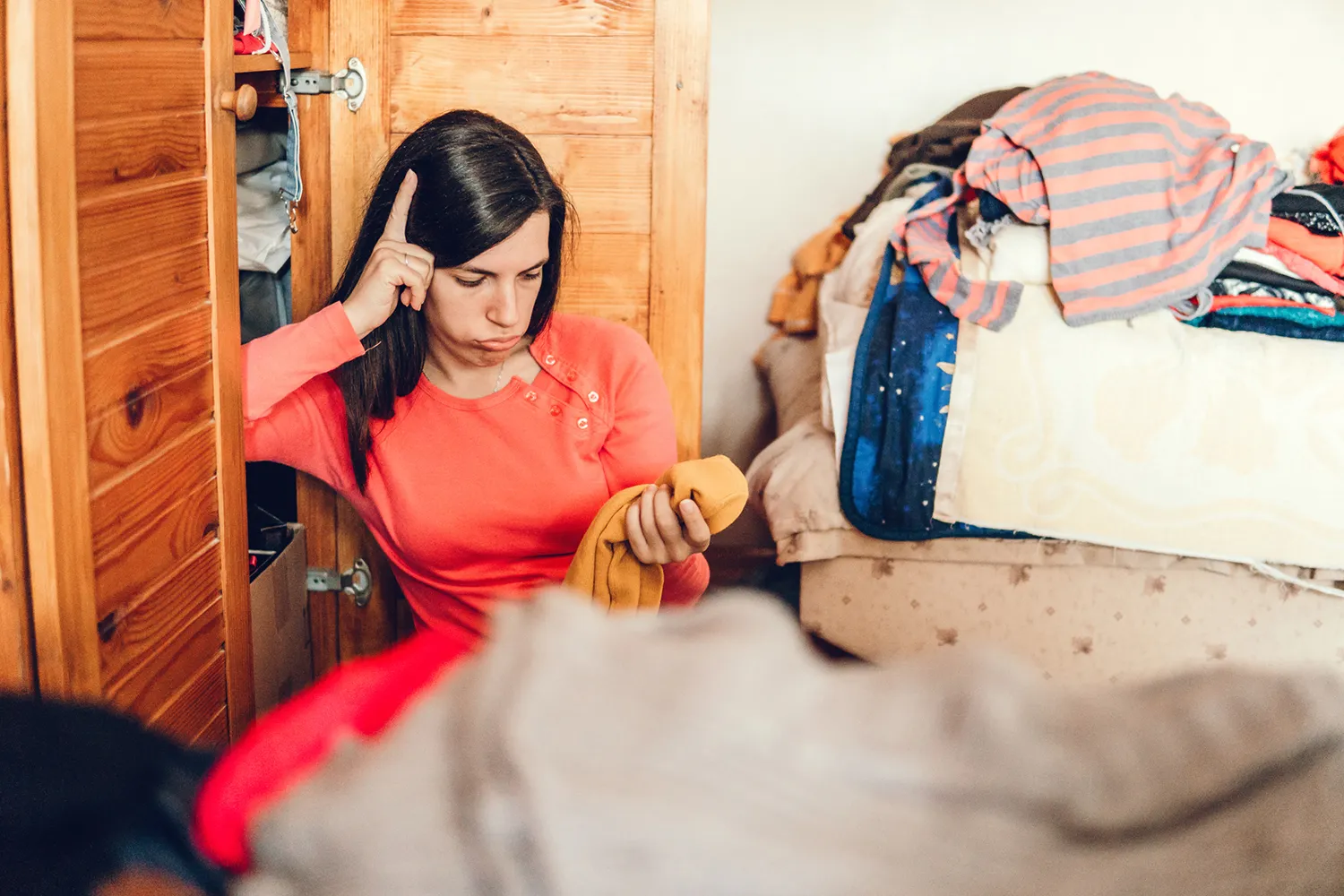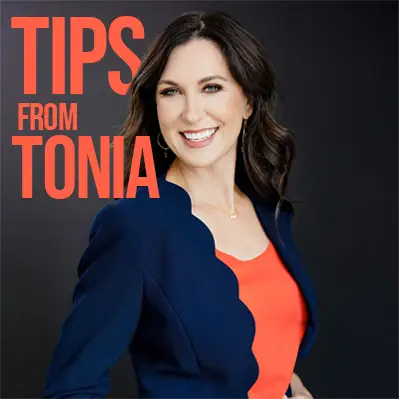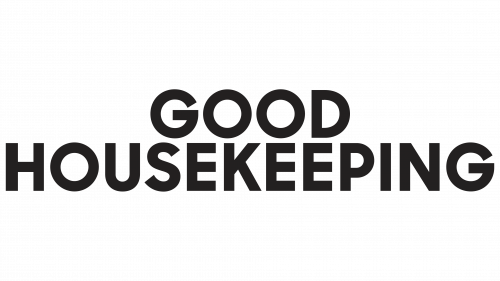What is Your Clutter Quotient?
Clutter: A collection of things lying about in an untidy mass (as defined by the Oxford Languages Dictionary). More informally known as “the massive amounts of excessive STUFF I’ve accumulated over the years and have all over my home”. Clutter is overwhelming & distracting, especially in our own spaces. On good days, it’s “organized clutter”. And worst days? Clutter can send us into a full nosedive cleaning, purging, organizing tailspin that our family knows is best to be avoided, or can completely make some shut down entirely.
So, what is a clutter quotient? A clutter quotient is a scale that helps you to determine the level at which your clutter behaviors fall. This level is determined by asking a series of questions pertaining to different situations and the state of your home. Low on the scale is someone who is already very organized and may simply have a slightly messy space. But the scale goes all the way to extreme hoarding behavior. So, where do you fall?
What Causes Clutter?
Before we address your clutter quotient, it’s important to note where our clutter is first developed. The accumulation of clutter stems from psychological or time management challenges. On a psychological level, clutter can be caused by depression, ADHD, low self-esteem, or even a lack of personal boundaries. If not due to a psychological cause, clutter may simply accumulate due to a need for better space planning (ie: organization). Whether psychologically caused, due to a lack of time management, or a combination of both, very few people are immune to clutter.


How Clutter Affects Your Brain
Experts believe it is important to learn your clutter quotient because it has been established that clutter affects the human brain negatively. Clutter is, obviously to most people, annoying and inconvenient. However, the negative impact goes far beyond basic annoyance. Clutter can increase our anxiety levels, thus making us increasingly stressed and anxious (possibly leading to a depressed state in extreme cases). Increased anxiety makes it harder to fall asleep, and stress leads to a less restful night. When our brains don’t receive proper and sufficient sleep, our ability to focus decreases. Less focus means less motivation and productivity.
It’s no secret that our physical environments directly influence our cognition, emotional behaviors, and relationships. Disorganized and clutter-filled spaces can, and will, have a cumulative negative effect on the brain. The constant visualization of clutter is mentally draining and will make it more difficult to focus. The presence of clutter can also trigger avoidant behavior and emotionally unhealthy coping methods. For example, a cluttered space may ultimately lead to the development of unhealthy eating habits. Or, you may find yourself indulging in too much tv or doing less physical activity. It’s undeniable that clutter has a negative influence over a person’s mental state. The question becomes: What are you going to do to lessen that influence in your space?
Determining What Items are Clutter
There are several questions you can ask yourself throughout this process, to help you determine if an item is clutter and should be let go of, or, if it’s something that should be kept:
- Do you have duplicates of the same item?
How many do you truly need? Is there one that stands out as your “go to” while the other is one you can donate? Part with any extra items you have an unnecessary surplus of!
- Is it broken or damaged?
If so, do you plan on taking it to get it repaired? Is it even functional as is?
- How long has it been since you’ve worn that piece of clothing?
An organization expert’s rule of thumb: if it’s been longer than 3 months, during the proper season since last use…then it’s probably time to donate or consign it! Is it torn? Does it have holes, or stains? If yes – toss it! - Am I keeping this out of guilt or a feeling of obligation?
For sentimental items/keepsakes/family heirlooms you have to ask yourself: Am I keeping this to avoid feeling guilt over letting go of it? If the answer is yes and you don’t truly need or want it, consider asking other family members if anyone would want to take it. If no one does, you shouldn’t feel guilty parting with it!
Many times, we get stuck on the idea that if we get rid of something, there is a chance we might need it again someday. We must get real with ourselves!! What are the chances you’ll need it again in the future? Is it something you can easily go to the store and purchase again if you need it one day? Is it something you can borrow if the need arises? Again, how long it’s been since you last used the item must come into consideration as well. Has it been years? If it has…sure! You may need it again years from now; it’s possible! But is having that item “on standby” in your physical and mental space for the next several years worth the cost of purchasing another if/when the time comes? With clutter’s negative impact, the answer is likely no. Let it go!

Find Your Clutter Quotient
The bad news is determining which items in your space are clutter, and parting with them, isn’t always fun. It’s often difficult and sometimes emotionally taxing to make those choices. The good news is you’re on your way to managing and minimizing the clutter in your home. Through decluttering and establishing organizational processes throughout your home, a solution is in motion! The benefits of organizing and decluttering your home far outweigh the daunting feelings the intimidating task may bring; don’t give up before you begin! Even those who are Chronically Disorganized can learn strategies to change their behavior and keep their clutter under control.
To find your clutter quotient and determine personalized next best steps, take our clutter quotient quiz. Once you know at what level your clutter behaviors fall you can more easily determine which items deserve to stay and which can hit the road!
If you’re reading this and know you have an excess of clutter, know you’re chronically disorganized, or know you’ve struggled to begin (and follow through with) the decluttering process in the past, please don’t hesitate or feel uncomfortable reaching out to us. At Sorted Out® our entire team is certified in Chronic Disorganization and, most importantly? We aren’t scared off by clutter! In fact, we thrive on it! Helping our clients reduce the anxiety/stress that comes with that “collection of untidy mass” is our favorite part of this job. Take our clutter quotient quiz. Begin thinking about what a difference a little decluttering could make in your life. And then give us a call.
Looking forward to hearing from you,
Tonia
Ready to get Organized?
Book a Call with Julie!
Request a Consultation
There are so many ways that organization can help take back a space that is overwhelming and bring it to functional!
We are excited to help start your journey to an organized and productive space.





